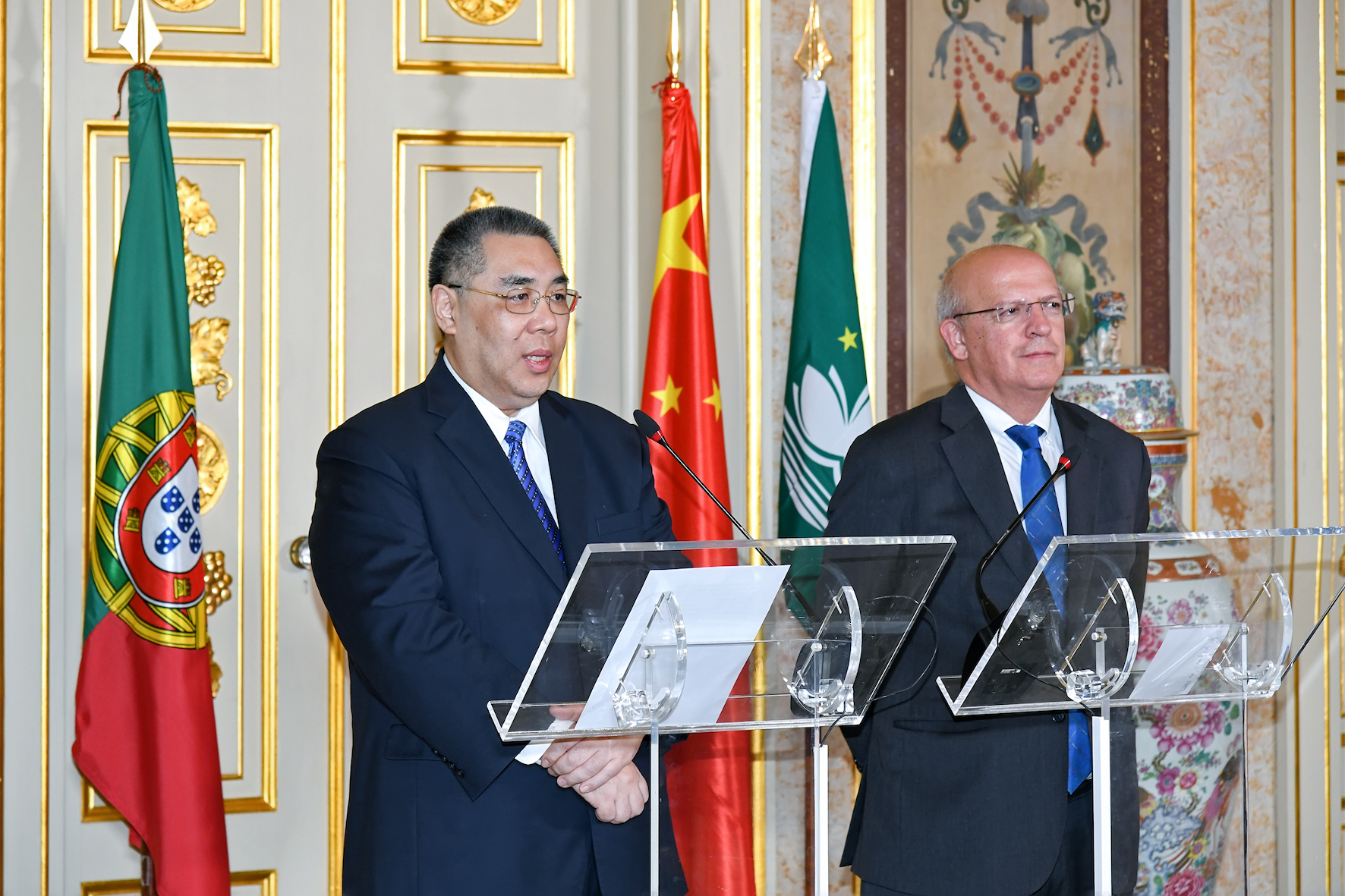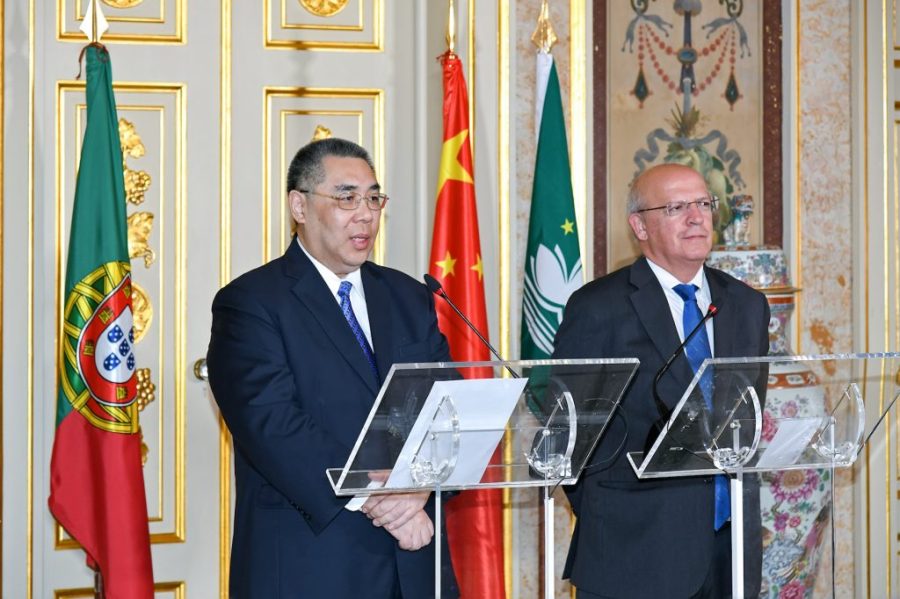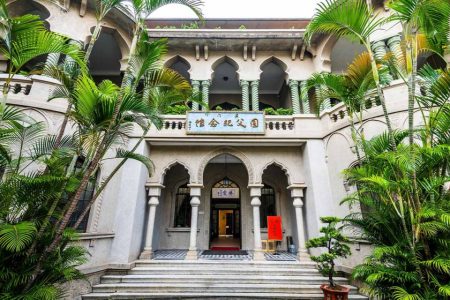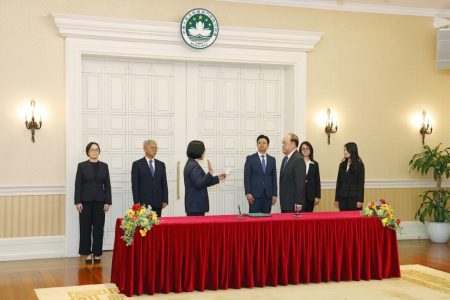The Macau-Portugal agreement on the extradition of fugitive offenders excludes those wanted for political crimes or facing capital punishment, according to the full text of the accord which was published in the Macau Official Gazette (BO) yesterday.
The agreement was signed by Secretary for Administration and Justice Sónia Chan Hoi Fan and Portuguese Justice Minister Francisca Van Dunem in Lisbon on May 15.
While the agreement does not expressly exclude the extradition of Portuguese nationals to Macau and Chinese nationals to Portugal, either side has the right to refuse the extradition of its own nationals. The Constitution of the Portuguese Republic allows the extradition of Portuguese nationals only if they are wanted for the crimes of terrorism and organised crime membership.
According to the agreement, a fugitive offender’s extradition is to be denied if it is requested merely on account of his or her race, gender, religion, nationality, language, ideological and political convictions, ancestry, economic situation, social condition, affiliation to a social group or several other factors.
The agreement also bans the extradition of fugitive offenders for trial by an exceptional court or if the fugitive has already been sentenced or pardoned for the crime for which he or she is wanted.
According to the agreement, the extradition of fugitive offenders between China’s various jurisdictions would potentially take precedence over extradition requests from a foreign jurisdiction such as Portugal’s.
The open-ended agreement is set to come into effect 30 days after the exchange of official notifications by Macau and Portugal declaring that they are ready to implement it.
A legal source told The Macau Post Daily last night that some formalities still needed to be concluded before the reciprocal notifications could be issued.




